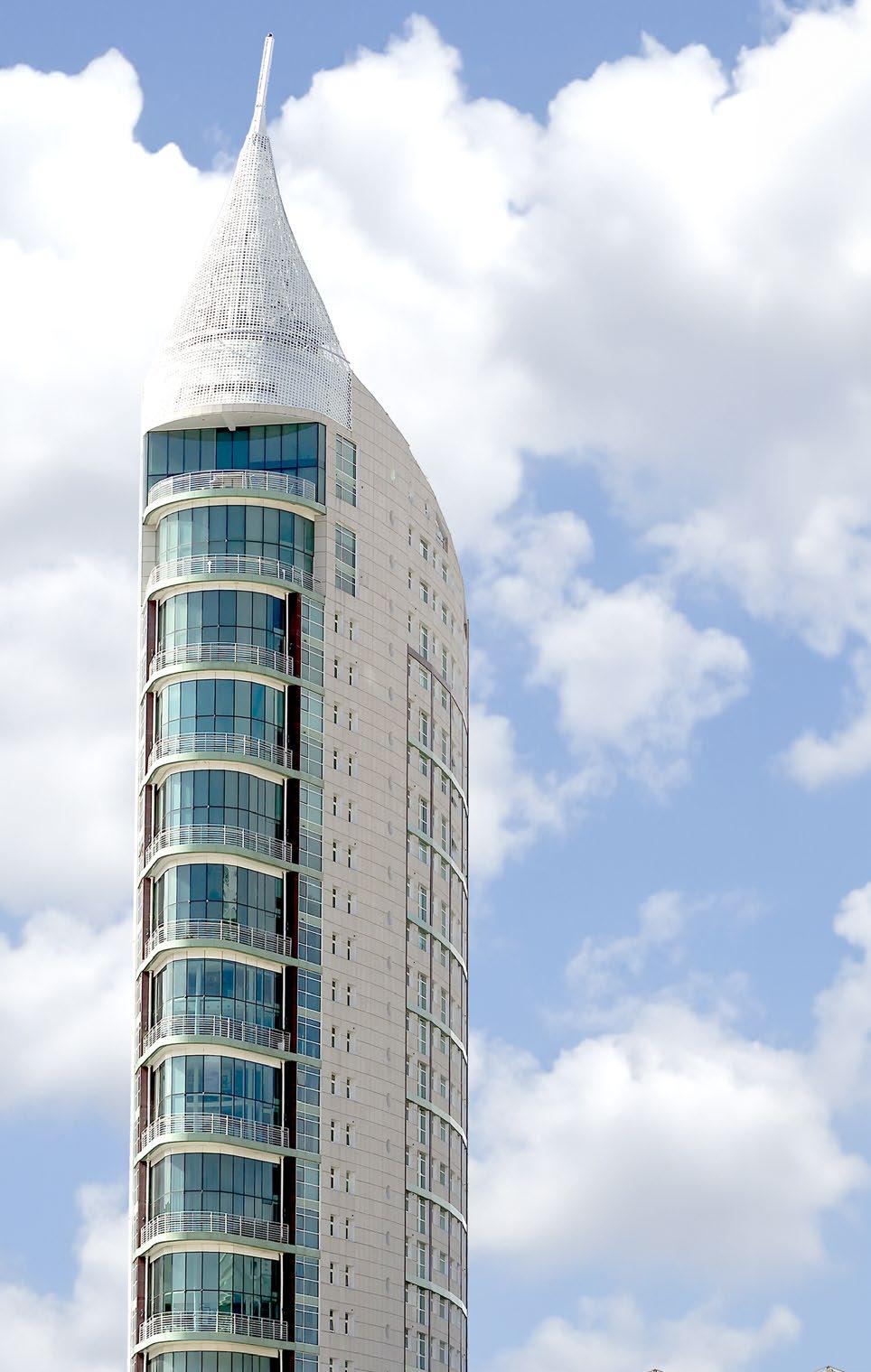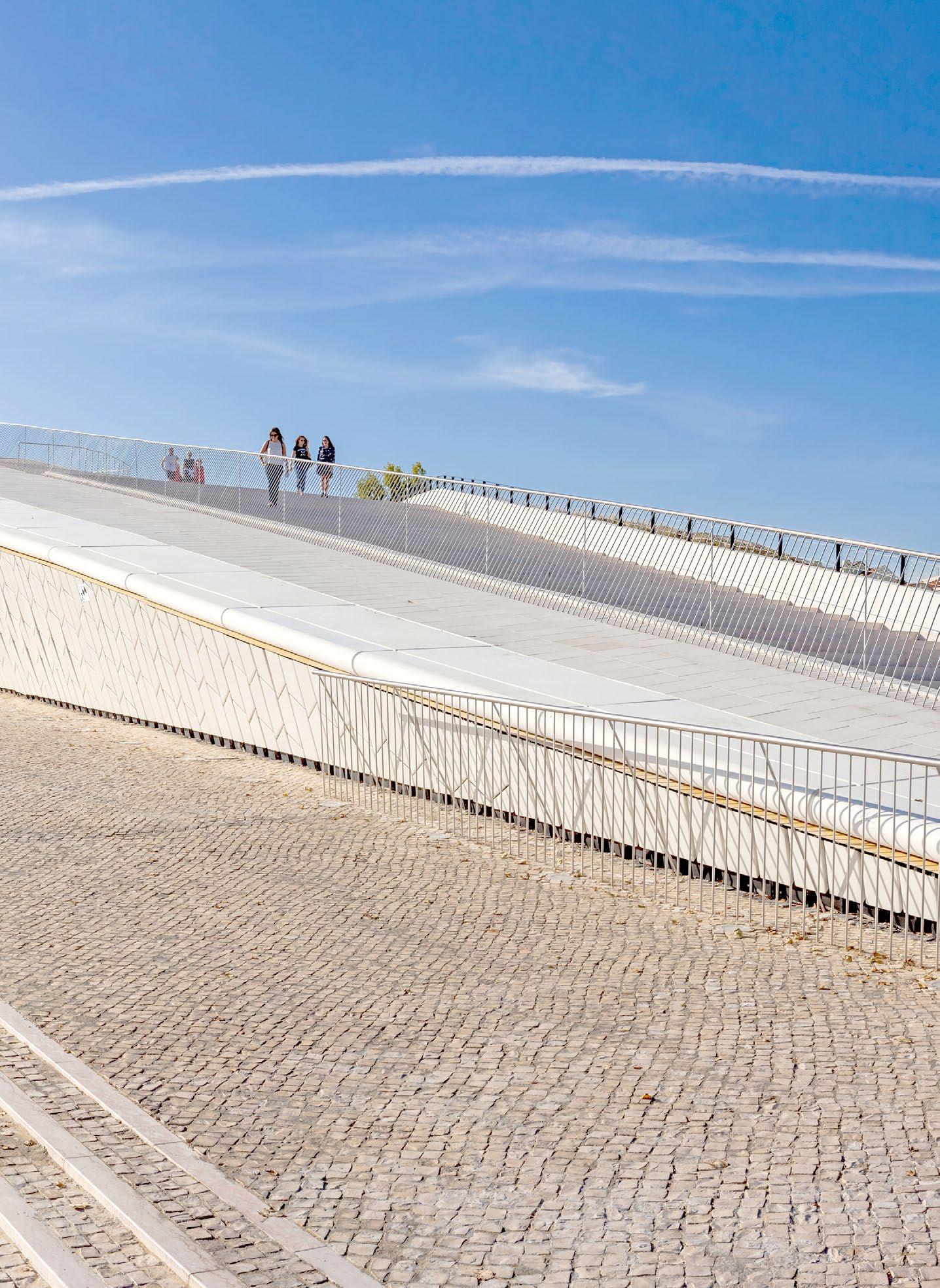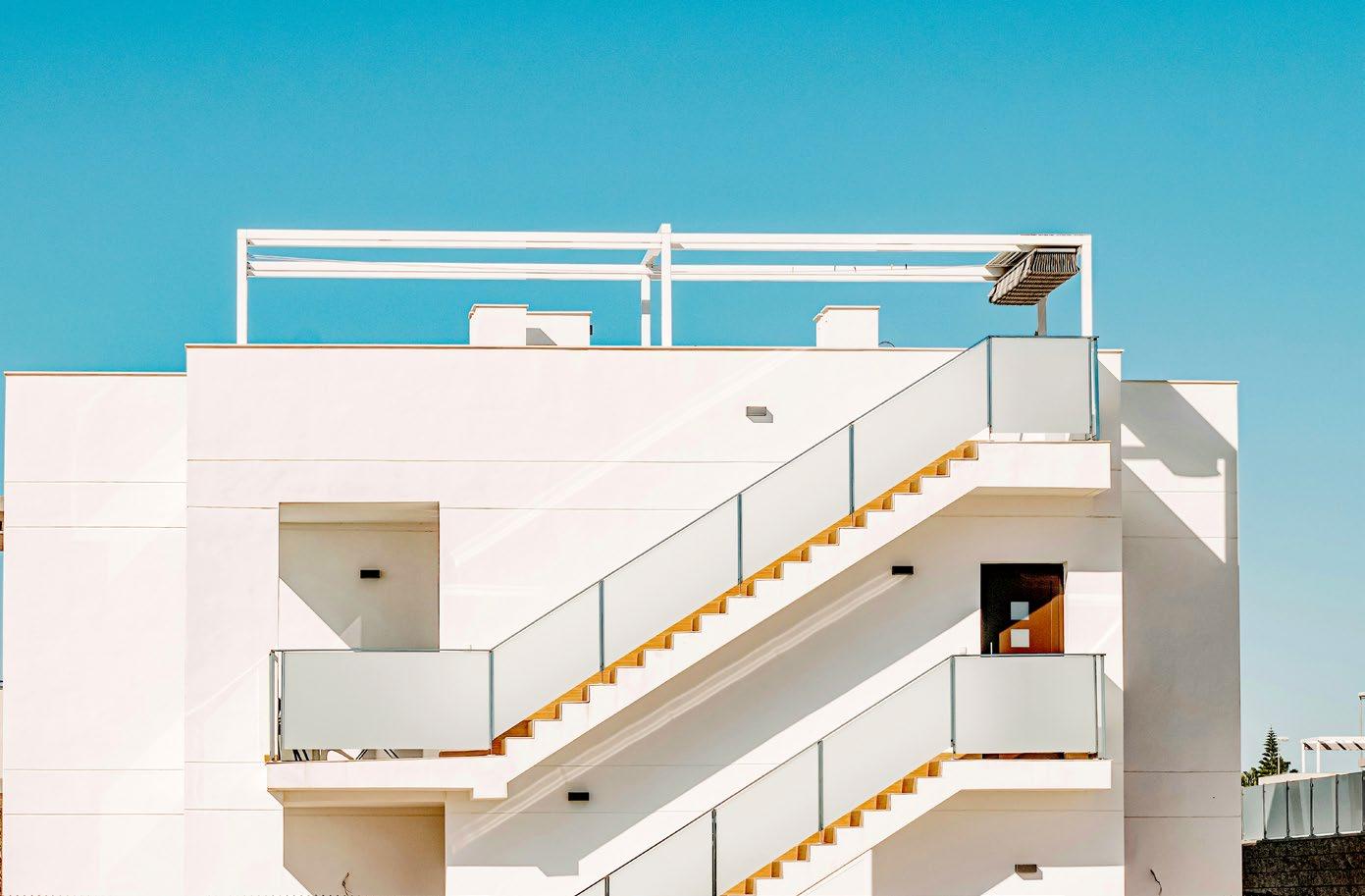
COME FOR ONE REASON STAY FOR MANY
BEST OF PORTUGAL
THE PROCESS
THE TAXES

BEST OF SPAIN
THE PROCESS
THE TAXES
PORTUGAL IS NOT JUST SUN, BEACHES AND GOOD GASTRONOMY, IS MUCH MORE THAN THAT.


COME FOR ONE REASON STAY FOR MANY
BEST OF PORTUGAL
THE PROCESS
THE TAXES

BEST OF SPAIN
THE PROCESS
THE TAXES
PORTUGAL IS NOT JUST SUN, BEACHES AND GOOD GASTRONOMY, IS MUCH MORE THAN THAT.
The history, the welcome and good infrastructures, are other characteristics that along with affordable prices, make this country a potential paradise to live.
PORTUGAL MEETS WORLD TOPS SUMMIT FOR INVESTMENT AND FOR THOSE LOOKING TO INVEST IN REAL ESTATE MARKET, THIS IS THE RIGHT MOMENT.
In addition to the market values being the most competitive in the world, the benefits and incentives given to foreign investors are very attractive.
In 2023 the level of productive foreign investment attracted was 3.5 billion euros.
THERE ARE MANY ADVANTAGES TO INVEST IN PORTUGAL:
• The country is on the route of international tourist destinations.
• Lisbon and Porto are the most wanted cities to visit by foreign.
• In 2023 a 20.1% increase in total tourism revenue compared to 2022.
WITH ITS MILD CLIMATE, 3000 HOURS OF SUNSHINE PER YEAR AND 850 KMS OF SPLENDID BEACHES BATHED BY THE ATLANTIC OCEAN, A DELICIOUS AND HEALTHY MEDITERRANEAN DIET, PORTUGAL IS THE PERFECT DESTINATION ALL YEAR ROUND.


If you are a foreign citizen and you are thinking on buying a property in Portugal, this document will help to meet the various requirements and steps for your purchase with maximum guarantees and legal certainty.
One of the hardest parts of the procurement process is the search and selection of the property, but if you are reading this advisory is because it is being advised by a consultant CENTURY 21 in Portugal to help in this task which are the best specialists and CENTURY 21 in Portugal advisor will help you in:
• Compare the different possibilities offered by the market.
• Understand in detail the physical and legal characteristics of the property.
• Check the status of the property.
• To defend their rights and interests against the other party.
• Advise during all phases of the acquisition of real estate, signing a private contract, deed, etc.
WHEN A CLIENT DECIDES TO PURCHASE A PROPERTY IN PORTUGAL, THE FIRST STEP TO TAKE IS TO CHOOSE A REAL ESTATE AGENCY THAT WILL HELP HIM FIND A PROPERTY WHICH BEST SUITS HIS NEEDS.
ONCE THE CLIENT HAS DECIDED WHICH PROPERTY HE WISHES TO ACQUIRE, THE RELEVANT PROCEDURES WILL BE INITIATED.
Once we complete our due diligence, and provided that everything is in order, in a period of 1-2 weeks after the signing of the reservation deposit, we will proceed with the preparation and signature of the promissory purchase contract with the payment of the amount agreed with the vendors. It is usual to pay an amount equivalent to 10%20% of the purchase price.
The private contract is a very important step, as it will set out the terms and conditions of the purchase; therefore, we carry out all the necessary negotiations with the vendors in order to defend the client’s interests.
Power of attorney: you can grant power of attorney in our favour in order to act on your behalf in Portugal during the buying process. This will enable us to sign the relevant
paperwork related to the purchase and the mortgage, if necessary. The power of attorney can be granted in Portugal and legalized by our Law Firm. Furthermore, it can be granted in your country before a public notary, but in that case, it must be legalized with the Apostille of the Hague Convention or through Consular legalization. In any case, we will also assist you during the process of granting the power of attorney, here or abroad.
After the signing of the promissory purchase contract, in a period of 46 weeks, depending on the conditions agreed with the vendors, the public deed of purchase will be signed by the client with our assistance

or by us with the mentioned power of attorney. At this moment, the balance of the purchase price must be paid to the seller, granting the buyer possession of the property.
If you wish, our office may take care of contracting and/ or changing the ownership in all the bills, supplies and taxes concerning the property, and if you wish, we will arrange the direct debiting of those bills (direct payment made by your own bank in Portugal).
A bank account in Portugal will be needed in order to set up the direct debit for the utilities, rates, and household waste collection and community fees. We can also assist you ni the opening of the Portuguese bank account.
If the property is rented out, the rate applicable is %82 for European Union
Citizens on the net rent obtained by the property owner of the property.
According to the new Law, citizens from EU are allowed to deduct the expenses incurred during the period the property was rented out: electricity, water, community fees, home insurance, interest on mortgages, Council Tax Rates and garbage collection, maintenance, cleaning services.
• Community fees
• Council Tax Rates and household waste collection
• Electricity, water, gas, telephone…
• Home insurance. The community should have its own insurance for the common elements, but we suggest you to have your own home insurance for building and content, should be in mind
Once the deposit has been paid, we will request the Real Estate Agency to provide us with the contact details of the vendors/vendors’ lawyer to notify them of our representation and to request the necessary documentation to carry out the appropriate due diligence by which we will verify all the aspects related to the property, which are:
PURCHASE FROM AN INDIVUAL (RESALE OR SECOND TRANSFER)
1. Who is the owner of the property you intend to buy;
2. That the property is legally registered in the corresponding Land Registry;
3. That the property is free from charges (mortgages, liens and encumbrances, etc.);
4. That the property has been granted by the Town Hal the corresponding municipal building permit and habitation license, both respecting the local urban planning rules;
5. The study, preparation and signing of whatever private contracts (reservation agreement, promissory purchase contract) or public ones (purchase/sale deed) which are deemed necessary to execute the purchase operation. The normal procedure si to first sign a promissory purchase contract normally with the payment of 10% to 20% of the purchase price, and after a reasonable lapse of time, to sign the sale/ purchase public deed.
1. Who is the owner of the property you intend to buy;
2. That the property under construction is legally registered in the corresponding Land registry;
3. That the property is free from charges (mortgages, liens or encumbrances, etc). The developer will normally have a mortgage in place that was used to finance the construction. This mortgage will be cancelled at the time of the completion, being all the cancellation costs paid by the developer;
4. That the property has been granted by the Town Hal the corresponding municipal building permit and habitation license, if applicable, both respecting the local urban planning rules;
5. Bank Guarantees or insurance policy details, that will guarantee the funds paid in advance;
6. Availability of the Five-Year Warranty that would cover any structural defects on the Property;
7. Review of the purchase contract drafted by the developer in order to check that it respects the buyer’s rights.

• Obtaining your Portuguese Fiscal Number (NIF). The NIF number is the tax number in Portugal. You need this number in order to be able to buy and register your purchase in the Land registry office, as the taxes are paid under that number. This number is also required to request water, electricity, telephone and other utility services.
• Verification of existing debts on the property, such as Council Taxe Rates, horizontal property (community), utilities, and calculation of the capital gains Tax that is applicable in cases where the vendor is a non-resident and must be retained from the purchase price.
• Payment of the corresponding expense and taxes arising out of the abovementioned sale/purchase public deed and registration thereof in the corresponding Land Registry.
Once you have acquired a property, or hold any other assets in Portugal, such as bank accounts, life insurance policies, shares or

any other type of financial products, granting a Will in Portugal, over your Portuguese assets, is the most reasonable decision to avoid future formalities, overwork, delays and additional costs arising from the succession and inheritance process over such property or assets located in Portugal.
In the Will, you are allowed to choose the law of your nationality as the law that governs the succession. This choice of the applicable law allows you to freely dispose of the properties and assets in Portugal always according to the limitations established by the legislation of your country of nationality, but in any case, avoiding forced heirship rules applicable under the Portuguese law. Otherwise, e.i, not having a Portuguese Will means expending time and incurring costs associated with the process of giving validity in Portugal to a foreign Will.
Not having any Will at all means that for the distribution of the Portuguese assets, it will be necessary to strictly follow what it is stated in the laws of the country of the last habitual residence of the deceased.
To summarize, the Portuguese Will makes the process of succession and inheritance over your Portuguese assets quicker, easier and less expensive.
THE EXPENSES AND TAXES THAT WILL ARISE AFTER THE SIGNING OF THE DEED OF PURCHASE BEFORE THE CORRESPONDING NOTARY PUBLIC ARE AS FOLLOWS:
PROPERTY TRANSFER TAX
• Villas and apartments (permanent residency): are calculated according to a scale agreed by the authorities with a maximum of 7,50%;
• Villas and apartments (secondary residence/ holidays): are calculated according to scale agreed by the authorities with a maximum of 7,50%;
• Lands and Offices 6,5%;
• Rustic Land 5%.
• Stamp Duty 08.%;
• The notary fee for the purchase of a normal property would vary between 700,00Euros and 1.000,00 Euros;
• Land Registry fee: 250 Euros;
• Municipal Tax (paid yearly):
- 0.3% to 0.4% villas and apartments;
- 0.8% rustic land.
PLEASE FIND BELOW A BRIEF SUMMARY OF THE APPROXIMATE COSTS INVOLVED WHEN PURCHASING A PROPERTY IN PORTUGAL:
PURCHASING PRICE €500.000
TRANSFER TAX €28.040
STAMP DUTY €4.000
NOTARY €1.000
LAND REGISTRY €250
TOTAL €533.290
OTHER COSTS YOU SHOULD TAKE INTO CONSIDERATION
TAX NUMBER

€350 approx.
HOME INSURANCE €700 approx.

IT’S NOT ONLY THE “TAPAS”, THE BULLS, OR THE ARTWORK OF GAUDI, THAT ATTRACTS TOURISTS TO SPAIN.
At the moment, it’s one of the countries in Europe that has attracted more foreign investors. Confidence in the economy and real estate market is returning to the country, which has allowed an increase in the purchase of Spanish properties
THE EUROPEAN COMMISSION REPORTS, THAT SPAIN WAS ONE OF THE COUNTRIES WHERE THE ECONOMIC FEELING INDICATOR PRESENTED AS ONE OF THE THE BIGGEST ASCENTS.
TIn the first half of 2023, foreigners accounted for 21.4% of total home purchases in Spain.
Coastal regions, such as the Valencian Community and Andalusia, have witnessed record highs in home purchases by foreigners. Interest in coastal home rentals exceeds 20% in provinces such as the Balearic Islands, Alicante, Malaga and Santa Cruz de Tenerife.
SPAIN IS DEFINITELY A COUNTRY TO DISCOVER:
• In 2023, the number of international tourists visiting Spain exceeds forecasts and reaches 85 million for the first time
• Tourism spending last year was 24.7% higher than in 2022.
• Spain remains the second country in the world to receive the most tourists in 2023.
ENDLESS BLUE FLAG BEACHES, 44 WORLD HERITAGE SITES, 15 NATIONAL PARKS, A DELICIOUS AND HEALTHY MEDITERRANEAN DIET, A LIVELY ATMOSPHERE, SPAIN HAS EVERYTHING.

AS MUCH AS POSSIBLE, WE RECOMMEND THAT YOU:
• Visit the house personally before paying, that is, check first hand the condition of the house, the surroundings, the transport routes that connect with the area, and so on and so forth.
• Know whom does the house actually belongs to. One must go to the Land Registry and check its legal and urban status. This way one can avoid real estate scams.
• Once acquired, register the house in the Land Registry to demonstrate that one has absolute rights over the house that has been acquired in Spain.
• If an earnest money contract has been signed prior to the Notary, consult an expert that can check the contents of the contract and its effects.
• To avoid uncertainties, errors and queues, we recommend that you turn over all tasks to an expert on the subject such as a CENTURY 21 AGENT.
In order for a property to be removed from the market, it is customary for the potential buyer to place a deposit of between 6,000 - 10,000 Euros (this amount varies depending on the property purchase price). This deposit can be paid to the Real Estate agency or to our clients account, as the buyer’s legal representative.
Once the deposit has been paid, we will request the real estate agency to provide us with the contact details of the vendors lawyer to notify them our representation and to request from them the necessary documentation in order to carry out the appropriate due diligence in which we will verify all relevant aspects related to the property, such as:
1. The legal identity of the owner/the seller of the immovable property you intend to buy;
2. That the property under construction is legally registered in the corresponding Land Registry;
3. That the property is free from charges (mortgages, liens, encumbrances, etc.) It is customary for the developer to have finance to build which may take the shape of a mortgage. Should the buyer not be interested in taking over the proportional part of said finance in the way of a mortgage on the property, then it will need to be cancelled prior to completion, with all the cancellation costs paid by the developer.
4. That the property has been granted the corresponding municipal building permit and habitation licence (where applicable) by the Town Hall in question, and respects local urban planning rules.
5. That the construction specification or quality specifications are made available to the buyer and included in annex to the purchase agreement.
6. That there is a Bank Guarantee or Insurance Policy in place in order to provide guarantee for all monies paid to the developer during the construction process.
7. Confirm and check the content of the mandatory 10 year insurance guarantee (Seguro Decenal) that will provide coverage for any structural defects on the property.
8. Revision of the purchase contract drafted by the developer in order to assure that its content respects

the buyers rights and that it is fully understood by the buyer and to ensure that this document respects the buyers rights.
1. The legal identity of the owner/the seller of the immovable property you intend to buy;
2. That the property is legally registered in the corresponding Land Registry;
3. That the property is free from charges (mortgages, liens and encumbrances, etc.)
4. That the property has been granted the corresponding municipal building permit and habitation licence by the Town Hall in question, and respects local urban planning rules.
5. The study, preparation and signing of whatever private contracts (reservation agreement, option contract, sale contract) or public, notarial, documents (purchase/ sale deed) which are deemed necessary to execute the purchase operation. The standard procedure is to first sign a private contract normally with the payment of 10% of the purchase price, and after a reasonable lapse of time, to sign the public deed of sale/purchase.
• Obtaining your NIE number. The NIE number is a tax number in Spain for foreigners. You need this number in order to be able to register your purchase in the land registry office and pay your taxes. This number is also needed to arrange your contract with service suppliers such as water, electricity, telephone, and other services.
• Verification of existing debts on the property, such as Council Tax Rates (IBI), horizontal property (community) charges, outstanding utility bills, and calculation of the Plusvalia Tax that is applicable in cases where the vendor is non-resident and in accordance to Spanish law must be retained from the purchase price.
• Payment of the corresponding expenses and taxes arising from the public deed of sale/purchase and the registration thereof in the corresponding Land Registry.
Once we complete our due diligence, and providing that everything is in order, in a period of 2-3 weeks from the signing of the reservation deposit, we will proceed with the preparation and subsequent signing of the private purchase contract with the payment

of the amount previously agreed with the vendors. Upon the signing of the private purchase agreement it is customary for the buyer to pay to the owner an amount equivalent to 10% of the purchase price in the case of resale property and an amount equal to 30% of the purchase price in the case of off plan properties.
The private contract is a very important step, as herein we will set out the terms and conditions of the purchase; therefore we will carry out all the necessary negotiations with the vendor’s legal representatives in order to defend the client’s best interests.
Power of attorney. Many of our clients choose to grant power of attorney in our favour in order to act on their behalf in Spain during the buying process. This will enable us to sign the relevant paperwork related to the purchase and the mortgage, if necessary. The power of attorney can be granted in Spain by a public notary, which is the easiest way, with an estimated cost of 70 Euros, or at the Spanish Consulate in your country of residence.
Furthermore, it can also be granted in your country of residence before a public notary, but in this case it should then be legalized with the Apostille of the Hague Convention or through Consular legalization for it to have legal value in Spain. In any event, we will also assist you during this process should you choose to
grant power of attorney, here in Spain or abroad.
After the signing of the private contract, in a period of 4-6 weeks, depending on the conditions agreed with the vendors, the public deed of purchase will be signed by the client with our assistance or by us with the aforementioned power of attorney. At this moment the balance of the purchase price must be paid to the seller, with the buyer taking physical possession of the property.
Our office will take care of contracting and/or changing the title of all the contracts with supply companies as well as the relevant taxes concerning the property, and if you so wish we can arrange the direct debiting of those bills (direct payment made by your own bank in Spain).
A bank account in Spain will be needed in order to set up the direct debit for the utilities, rates, household waste collection and community fees. We can also assist you in the opening the Spanish bank account.
Law 38/2022, from the 27th December creates the Temporary Solidarity Tax on Large Fortunes, payable on assets from the tax year 2022. It is set as a complementary tax of the wealth Tax, currently bonified by Andalucia, it’s a State Tax, and is not subjected to transfer to the Autonomous Communities, and will be levied with an additional quota on the assets on the private individuals on amounts superior to 3.000.000 Euros
In case of residents there is a minium exempt for taxation of 700.000 euros, and to this amount we should add 300.000 euros for main residential property. For this reason, the tax will be required on superior assets between 3.700.000 Euros to 4.000.000 Euros.
Types of tax levied:
• From 3.000.000 to 5.347.998,02 the 1,7 per cent.
• From 5.347.998,03 to 10.695.996,06 the 2,1 per cent.
• From 10.695.996,06 onwards 3 per cent.
Regardless of whether your property is rented or not, you will always have to pay income tax as per the following rules:

If you do not rent out your property, the Spanish authorities will assume that you have what is called “Deemed Rental Income” which is subject to Nonresident Income Tax. This legal rent is obtained by applying the percentage of 1.1 on the cadastral value (rateable value) of the property, on this base amount the rate of 19 % is applied for European Union Citizens and a 24% for the non-European Union Citizens. This cadastral value is listed on the IBI (tax council rates) invoice and is usually lower than the purchase price reflected on your title deed.
• If the property is rented out, the rate applicable is based on the net rent obtained by the landlord of the property and is 19% for European Union Citizens and 24% for the non-European Union Citizens. According to the new Law, citizens from the EU are allowed to deduct the expenses incurred during the period the property was rented out: electricity; water; community fees; home insurance; interests on mortgage; Council Tax Rates (IBI) & waste collection; maintenance; cleaning services; legal fees for dealing with the income tax returns as well as a 3% annual building depreciation.
•In this case, a Tax Residence Certificate, issued by the tax authority
of the country where you reside, must be submitted together with the tax forms (one for each tax payer).
THE WEALTH TAX
Wealth tax at present is abolished.
COMMUNITY FEES
COUNCIL TAX RATES (IBI) AND HOUSEHOLD WASTE COLLECTION ELECTRICITY, WATER, GAS, TELEPHONE...
HOME INSURANCE.
The community will have its own insurance for the common elements, but we suggest you to have your own home insurance for building and content.
According to regional legislation in force since May 2016, properties that are rented for touristic purposes for periods of less than two months duration at a time must be registered in the Tourism Office of the Regional Government of Andalusia (Junta de Andalucía) as long as they comply with the basic requirements demanded by the legislation in force. To this effect, we are at your disposal to carry out the registration process before the corresponding authority
When you have purchased a property in Spain, or you are the holder of any other assets in Spain, such as bank accounts, life insurance policies, shares or any other type of financial products, granting a last will and testament in Spain over your Spanish assets is highly recommended. A Spanish will ensures a smooth distribution of your assets in Spain and that you avoid future formalities, complications, delays, and additional costs derived from the process of succession and inheritance over those properties or assets located in Spain, as otherwise the assets will not be transferred easily to your wife/ husband or relatives.

In the last will and testament the testator may choose the law of his/her nationality as the law that governs his/her succession. This choice of the applicable law allows the testator to freely dispose of his properties and assets in Spain always according to the limitations established by the legislation of his country of nationality, but in any case avoiding forced inheritance rules applicable under Spanish law. In that regard, the testator shall appoint his inheritors and legatees and will determine the percentages allocated to each of the heirs and the specific assets to be transferred to the legatees.
Otherwise, i.e., not having a Spanish will means expending time and incurring costs associated with the process of giving validity in Spain to a foreign last will and testament. Not having any will and testament at all means that for the
distribution of the Spanish assets, it will be necessary to strictly follow what it is stated in the intestacy laws of the country of the last habitual residence of the deceased Additionally, in the last will and testament, the testator can establish specific rules to be followed in the distribution of the assets, and appoint an executor who will ensure the fulfilment of his/her last wishes as detailed in the will, and it is also an opportunity to appoint tutors for the children, when these are minor.
To summarise, the Spanish last will and testament will make the process of succession and inheritance over your Spanish assets quicker, easier and less costly.

IN THE CASE OF FIRST TRANSMISSION:
• VAT 10% for residential properties. | VAT 21% on plots, garages and storage rooms.
• Stamp Duty (for Andalucia) 1.2%
• Notary fee: notary fees are calculated according to a scale agreed by the authorities and is dependent on the nature of the purchase and the number of sheets contained in the deed of sale/purchase. Therefore all notaries charge the same fee for the same concept. The notary fee for the purchase of a typical residential property would vary between 500-1,800 Euros
• Land Registry fee: land registry fees are calculated according to a scale agreed by the authorities. Normally, the land registry fee amounts to 50-70% of the notary fee.
• Legal fees 1% of the property purchase price plus 21% VAT
IN THE CASE OF A SECOND TRANSMISSION / RESALE:
• Transfer tax: 7%
• Notary fee: notary fees are calculated according to a scale agreed by the authorities. Therefore all notaries charge the same fee for the same concept. The notary fee for the purchase of a typical residential property would vary between 600 - 2,800 Euros
• Land Registry fee: land registry fees are calculated according to a scale agreed by the authorities. Normally, the land registry fee amounts to 50-70% of the notary fee.
• Legal fees 1% of the property purchase price plus 21% VAT
E: In the case of purchasing a property and constituting a new mortgage both notary fees and registry fees will be applicable as the mortgage s own public title deed which will then need to be registered, Stamp Duty is also applicable at 1.5% of the mortgage responsibility amount.
CONTENT BY MARTÍNEZ-ECHEVARRÍA HTTPS://WWW.MARTINEZECHEVARRIA.PT/ HTTPS://WWW.MARTINEZECHEVARRIA.PT/ES/

